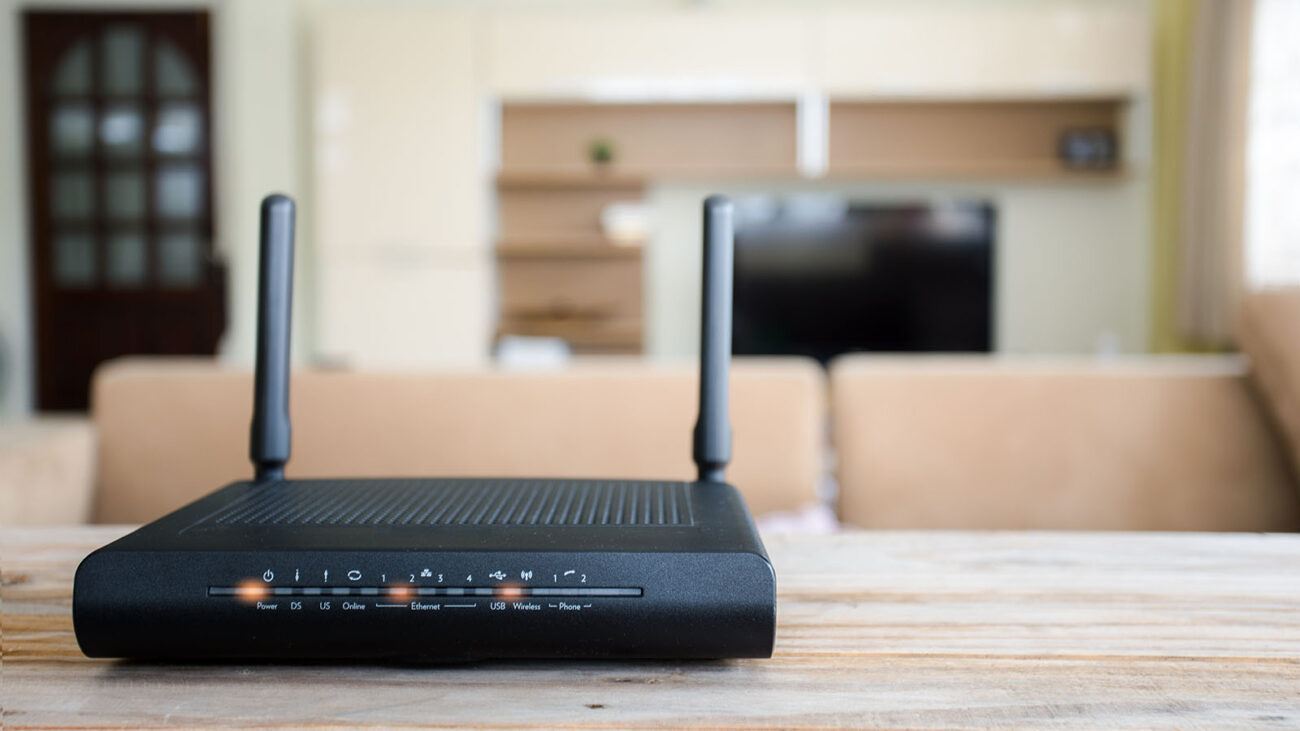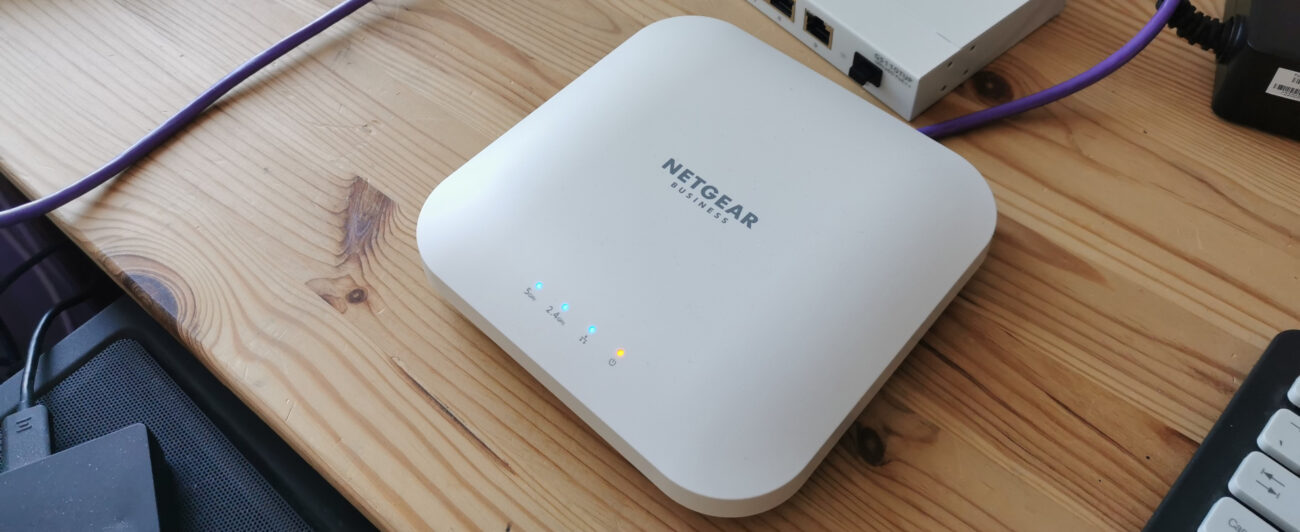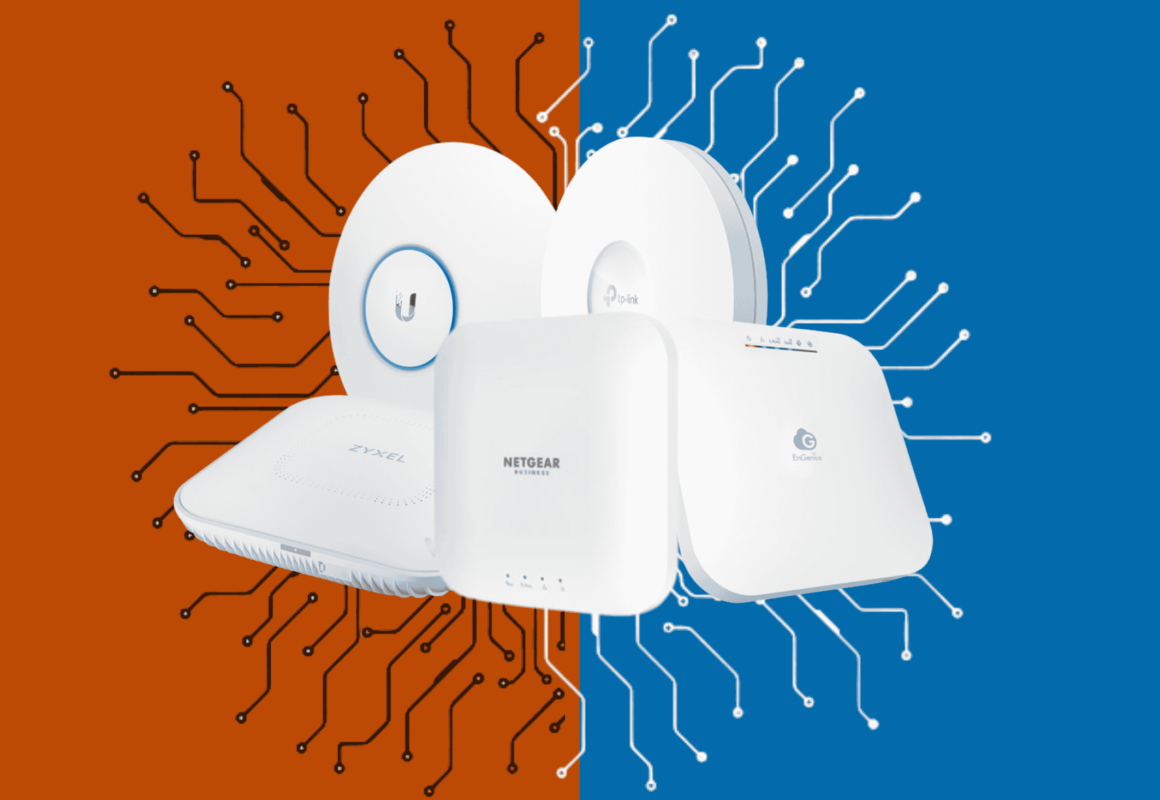Wireless Network vs. Wired Network: Which is the best option?
A good internet connection is essential for the success and smoothes running of companies, regardless of their size or segment. Although wireless internet has become cheaper and is very present in the business environment, wired internet networks also have their place in the market.
Although the wireless network has several facilities, there are still some cases in which cabling may be more suitable. In this article, you will know the main advantages and disadvantages of wireless networks and wired connections. Check out!
Advantages of wireless network
Wireless connection technology was a major innovation in the market more than a decade ago for providing more freedom to access the internet. Before it, it was necessary to connect the computer or notebook to a cable on the wall, which removed the possibility of mobility.
Wireless networks allow you to use the internet on mobile devices, such as tablets and smartphones and also have the advantage of not requiring work to run wires. Therefore, the wireless connection is also considered a practical and low-cost option, as it is not necessary to invest in infrastructure to distribute access to the environment.
Disadvantages of wireless networking
The freedom, practicality, and low cost of the wireless network are very convincing factors to justify its use. However, it is also necessary to consider the disadvantages of this technology before deciding which option is best for you.
Wi-Fi network weaknesses are signal interference, speed, and security issues. The wireless network is subject to factors that can disrupt connection speed and signal range due to the presence of other electronic devices and is also affected by walls and floors. The connection is also lossy when transmitting the signal to the connected devices because there is a small delay in converting the data to radio frequency waves.
This means that the contracted internet speed will hardly be reached. In-home use, these disadvantages are not noticeable. However, the loss of speed and stability can affect users who play online multiplayer games or perform activities that require more performance and stable connection, as is the case with many companies.
Advantages of cabling
Cable internet is a reliable alternative and very suitable for those who need a stable connection and don’t mind being tied to an ethernet cable. This connection is more secure against intrusion and is capable of delivering a higher and more stable speed.
Wired internet networks also experience less interference. Therefore, this is the type of connection indicated for companies that rely heavily on the internet connection for business development and need higher download and upload speeds.
Disadvantages of Cables
Wired internet has two main disadvantages compared to Wi-Fi. Firstly, the installation cost is higher and can often require minor physical changes to the space as the wire needs to reach each access point.
The second problem is not being able to use mobile devices, such as tablets and cell phones, and the need to always be tied to an access point. For these reasons, even companies that have a wired network end up investing in wireless connection points as a compliment.
Now that you know the main reasons for choosing a wireless or wired network, it is easy to assess your needs and decide on the best option for your company.










